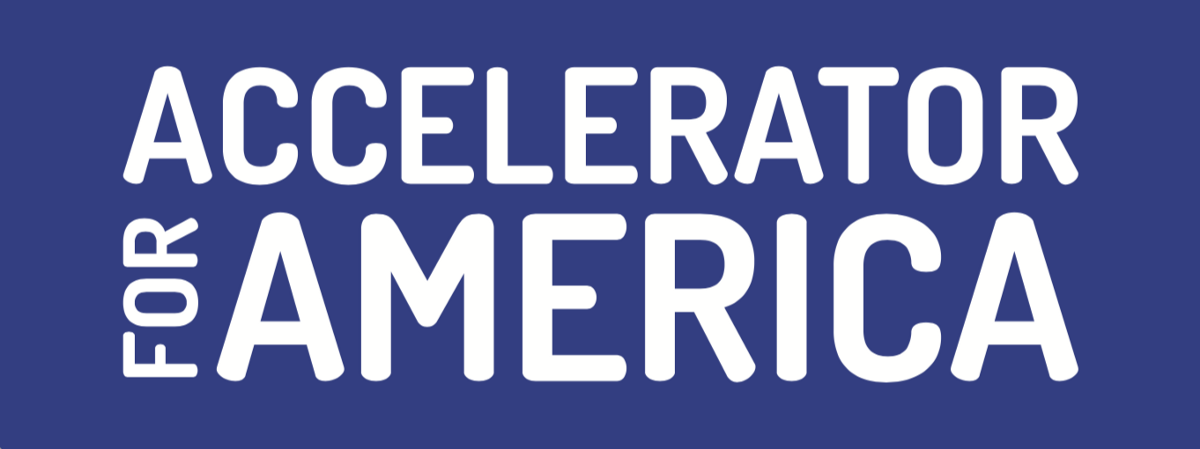ImpactAlpha: Empowering Communities to Take Ownership of Their Own Opportunity Zones
Rachel Reilly
A common thread throughout the Forbes Opportunity Zones Summit in Newark this week: Ensuring those living and working in Opportunity Zones are empowered to use the tax incentive to take an ownership stake in their own neighborhoods.
“It’s about time an innovative idea came out of Washington that gives local leaders a chance to try new things,” said Sen. Cory Booker, the former mayor of Newark and current candidate for president. Earlier this month Booker introduced a bill requiring Opportunity Fund managers to report on their social impact. Among the takeaways from the event (co-hosted by Economic Innovation Group):
Community ownership. “Why do other people see gold in our neighborhoods and we don’t?” asked New York radio host Charlamagne Tha God. The Confluent Group’s David Gross, business partner of the late Agent of Impact Nipsey Hussle says the Our Opportunity initiative he co-founded with Hussle is a playbook for people to “buy back the block.”
Beyond the coasts. “Drive capital to the rest of the country so people could build great companies where they live,” said billionaire investor Sean Parker, a co-founder of EIG, the think-tank that developed the Opportunity Zones policy effort. “There are just as many bold innovators in Nashville, the Navajo Tribal Nation and Newark as there are in Silicon Valley,” said Jim Sorenson, who has put $10 million into an Opportunity Fund launched by his private equity firm, Catalyst.
Break down barriers. Launch Pad’s Anne Driscoll said success hinges on ecosystem activation, including education, training and agency (see, “A launch pad for businesses that can make Opportunity Zones thrive”). Breaking down barriers to participation is one way to “make sure Opportunity Zones do not harm the intended beneficiaries” said Stockton, Calif. Mayor Michael Tubbs.
City-centric. Chief Opportunity Zone Officers and other city staff can “make sure the voice of the community is represented in every deal,” said Rockefeller Foundation’s Rajiv Shah, who announced $5.5 million in grant funding. The Mastercard Center for Inclusive Growth committed $1 million to the nonprofit Accelerator for America to support 50 city Opportunity Zone leaders.
Read the full article here.

